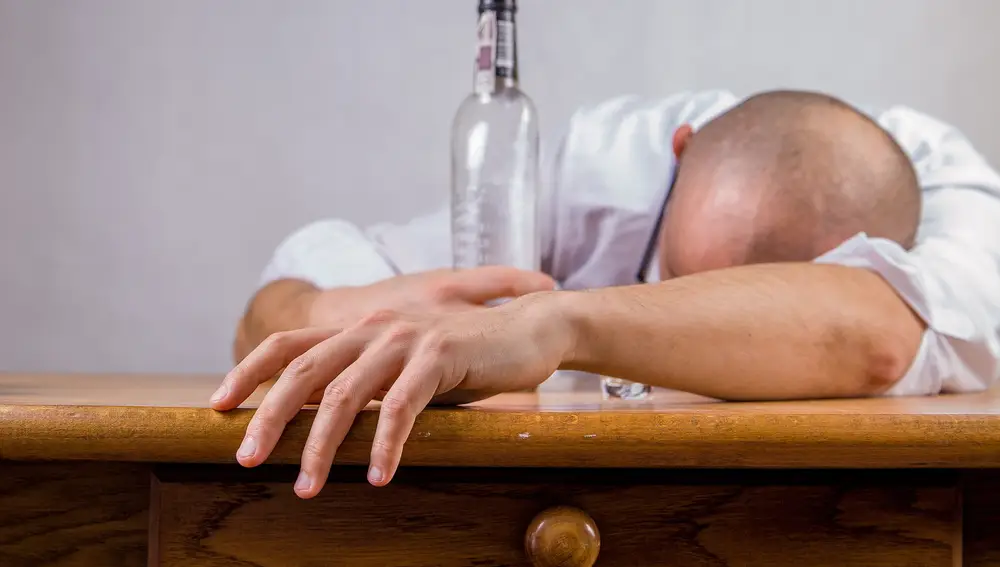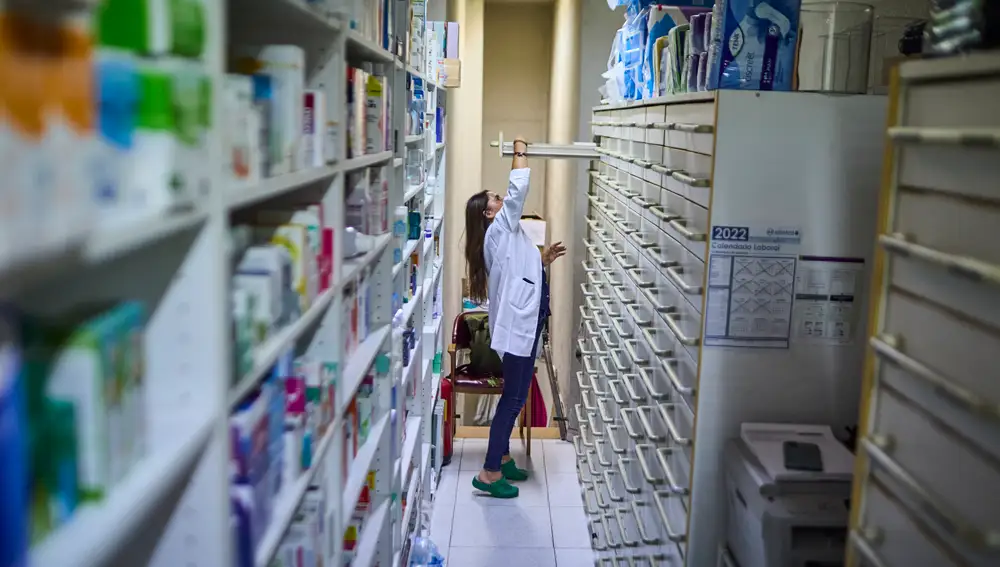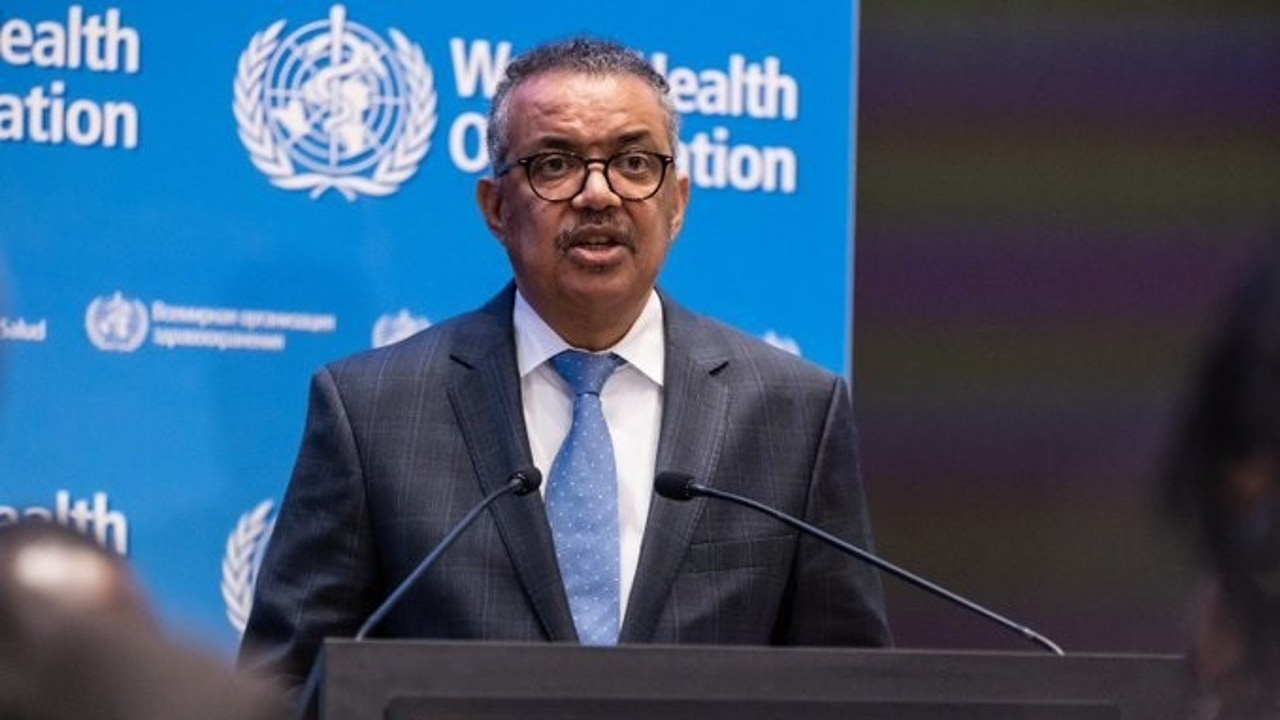The effects of alcohol go beyond promoting disinhibition and to falsify the perception of reality. It also increases blood pressure and causes peripheral vasodilation, which leads to a feeling of heat and redness. And at the gastrointestinal level, alcohol can cause real damage in the long term, mainly in the liver, which is responsible for metabolize alcohol so that it can be removed from our body.
In the short term, the worst case scenario occurs when intake exceeds the limits tolerable by our body. This is what is known as alcohol poisoning; which, in the worst case, can lead to a ethyl coma and -even- in death.

But of course there is a nuance here: the poison is not in the substance… but in the dose. Moderate alcohol consumption can -in fact- recommended in certain circumstances. A key factor to take into account when consuming correctly and moderately is your combination with other drugs.
What medicines cannot be mixed with alcohol?
like him alcohol Like most medications, they enter our body through the digestive system and end up in the stomach. From there, the body transports them to the liver, where these substances are metabolized and broken down into enter the bloodstream. Once in the blood, it moves to different areas of our body to generate its effect. Effects expected when both processes are administered separately and at recommended doses. However, when these substances are ingested simultaneously, Various adverse reactions may appear.
Firstly, it can affect the efficiency Still the security of drugs, although it can also cause nausea, vomiting, fainting, loss of coordination, headache. And depending on the circumstances, this combination may also increase the risk of suffering hemorrhages internal problems heart It is breathing difficulties.

Obviously, the adverse effects What we may experience when mixing alcohol and medication depends on many things. Firstly, from the general health of the person who consumes it. If you are, for example, an elderly person, the speed at which your liver metabolizes substances will be substantially greater. This, added to the fact that elderly people tend to consume a greater amount of medication, makes them a most vulnerable population group.
Another factor that can also worsen these effects adverse is the quantity and frequency of alcohol consumption. When ingestion is chronic, the liver metabolizes some medications more quickly; therefore, a higher dose will be needed to obtain the same effects. On the contrary, with a occasional consumption alcohol, both the effects of the drug and its adverse reactions can be enhanced.

Now, if there is an element that particularly influences the gravity of the negative derivations of the combination with alcohol, is the specific type of medicine we are consuming. And there are some with whom we have to take special care:
- Benzodiazepines, antiepileptics and -in general- medications that depress the central nervous system, as well as antihistamines prescribed for allergies, colds or flu. These are drugs that -like alcohol- can produce somnolence, dizziness and lethargy. Therefore, the combination of both may further exaggerate these effects. In extreme cases, It can lead -even- to coma and death.
- anti-inflammatories: These medicines, including ibuprofen, should be treated with caution in the case of chronic alcohol users, as the combination of both can cause gastritis. In case of occasional drinkerthe possibility of suffering from gastritis is significantly reduced.
- anticoagulants: In the case of chronic alcohol consumption, anticoagulants decrease their effectiveness. And in the case of occasional consumptionthe effect it can produce is the opposite, that is, the increase in the anticoagulant effect and – consequently – the increased risk of bleeding. This is why alcohol (in any quantity) should be avoided when taking blood thinners.
- antibiotics: Some of these medicines, when combined with alcohol, can cause some serious side effects. That's why it's necessary consult a specialist and -failing that- in the medication leaflet. Although, if we want to be safe, the best thing is to -simply- avoid alcohol for a while. Because although alcohol does not produce these effects of most antibiotics, it does not may delay recovery.












